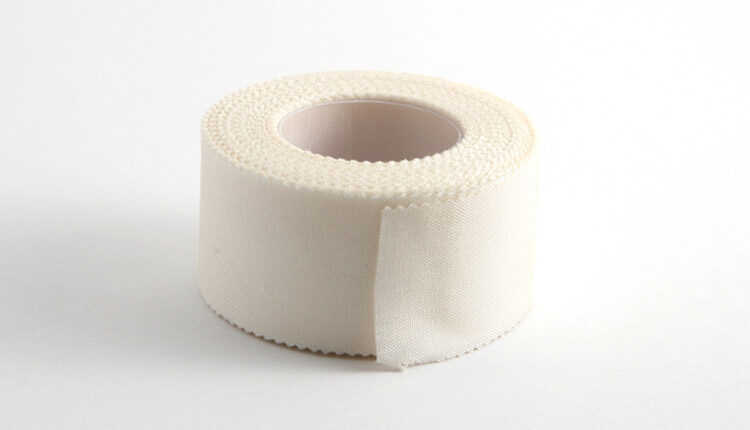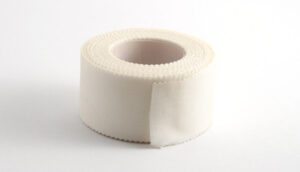
Internet Trend May Pose Health Risks
Social media influencers suggest mouth taping to combat snoring. But is it safe?

Nighttime mouth breathing can result from a range of issues, but experts agree that, over the long haul, it can pose an oral health hazard, lead to myriad other health issues, and irritate bed partners. People struggling with sleep disturbances, such as snoring and sleep apnea, may find themselves in a sleep clinic in an effort to determine the best methods to counteract mouth breathing. Although such strategies often involve continuous positive airway pressure (CPAP) devices, not everyone can tolerate them. Out of desperation, would-be sound sleepers are willing to try other remedies in order to get some decent shut-eye.
Recently TikTok influencers have been recommending a strategy that involves placing a piece of tape over the mouth to keep it from falling open during sleep. Mouth tapers claim it prevents snoring and improves the quality of sleep and oral health. Mouth taping systems are even commercially available. These products are thin, breathable adhesive strips designed to allow lips to part slightly.1
NOT JUST AN INTERNET SENSATION
But some physicians are expressing concern about mouth taping. They warn that the practice could negatively impact sleep, increase anxiety, and dangerously interfere with breathing. This is especially true in the case of children with stuffy noses.1,2 For very young kids, it could even pose a choking hazard. Experts also note that obstructive sleep apnea oral appliances are designed to bring the lower jaw forward to open the airway. Taping simply keeps the mouth closed.
Nonetheless, other health professionals, including dentists, report resorting to tape themselves to improve sleep. They advocate applying just enough porous tape to train the jaw to stay closed, while allowing enough of a gap to let air through. They advise against creating a hermetic seal with duct tape.
Taping isn’t the only solution for keeping lips sealed at night. Some sleep apnea sufferers are reaching for other methods, including head/chin straps, nasal strips or dilators, special mouth pieces, tongue holders, muscle stimulators, allergy and asthma treatments, other assorted antisnoring aids, and side sleeping.3
MORE RESEARCH NEEDED
Research on this issue has been scant. Results from a 2014 study determined that the use of a porous oral patch was beneficial in treating patients with mild obstructive sleep apnea.
The authors reported that, while further study is needed, the anecdotal side effects of mouth taping included irritation on or around the lips, pain upon tape removal, disrupted sleep, anxiety, and discomfort or difficulty breathing.4 Health experts advise those who want to try mouth taping to check with their physicians first, particularly if nose breathing because of allergies or a deviated septum is an issue.
Many safe and effective ways are available to ensure the oral health of those with xerostomia resulting from sleep disorders, including mouthrinses, lozenges, and adequate hydration. Most important is to follow a comprehensive oral hygiene regimen.
REFERENCES
- Naftulin J. TikTokers are taping their mouths shut while they sleep, claiming it helps snoring and dry mouth. Doctors say the practice can be risky. Insider. Available here.
- Shapiro N. Keep your mouth shut, but should you tape it? Forbes. Available here.
- Summer J. Mouth taping for sleep. Available here.
- Huang TW, Young TH. Novel porous oral patches for patients with mild obstructive sleep apnea and mouth breathing: a pilot study. Otolaryngol Head Neck Surg. 2015;152:369–373.

